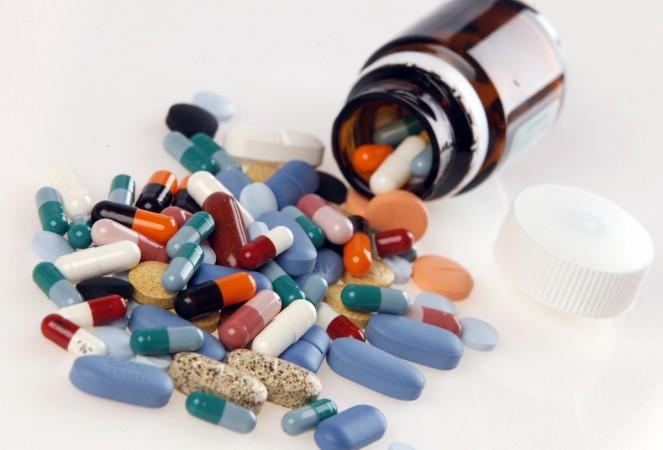
The Supreme Court on Monday, September 17, lifted the ban on the sale of Saridon after the painkiller was disallowed to be sold by the Central Government last week.
The Central Government has banned 328 fixed dose combination (FDC) drugs in a blow to both domestic and foreign pharmaceutical firms. FDCs are two or more drugs combined in a fixed ratio into a single dosage form.
A report in the Hindustan Times said that the ban has been cheered by doctors and public health experts in India and abroad who have warned that increasing use of antibiotic combinations in India may be contributing to antibiotic resistance.
The government had in 2016 banned about 350 such drugs, referred to as FDCs, but the industry mounted various legal challenges that prompted the Supreme Court to call for a review by an advisory board.
The Centre's decision came on a recommendation of a panel of experts that favoured a ban on drugs that are "irrational", citing safety issues and lack of therapeutic justification.
Among major drugs recalled were Saridon and Tapfree (painkillers), Ciplas anti-bacterial Oflox OZ, ALKEMs anti-bacterial Taxim AZ, Glycodin cough syrup, Metlifes Panderm, anti-inflammatory drug Proxym XT, Lupins Nizonide that is used to treat stomach conditions and a range of FDCs with Nimuselide and anti-inflammatory Diclofenac, Cimsulide P (pain relief).

















